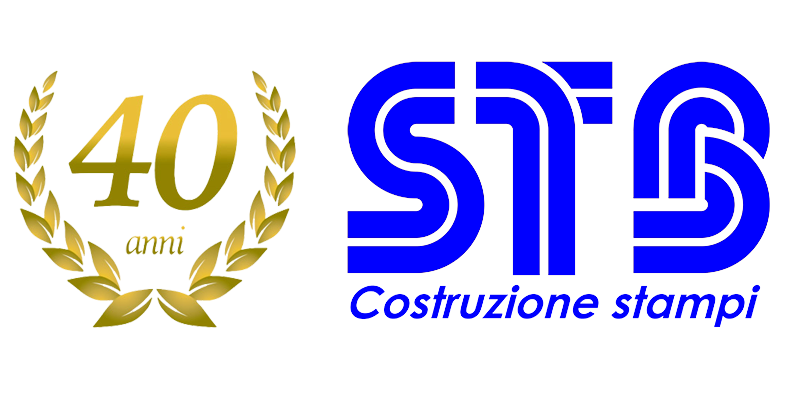The Intriguing World of Demonstrations: Definition and Legal Implications
As advocate justice equality, always fascinated power demonstrations social political change. Legal context, regulation demonstrations crucial place society.
Defining Demonstrations
In simple terms, a demonstration refers to a public display of protest or support for a particular cause, often involving a gathering of people in a specific location. Take form marches, sit-ins, forms expressive conduct.
According First Amendment United States individuals right peacefully engage activities, including demonstrations, government interference. However, right absolute subject restrictions, time, place, regulations.
Legal Implications
From a legal perspective, demonstrations can raise complex issues regarding freedom of speech, public safety, and property rights. It is essential to strike a balance between allowing individuals to exercise their constitutional rights and ensuring public order and safety.
Statistics show recent frequency demonstrations increased, reflecting growing public activism society. According study American Civil Liberties Union, over demonstrations United States 2020 alone, wide range being addressed, racial justice, protection, LGBTQ rights.
Case Studies
landmark court cases shaped legal demonstrations. Notable example Tinker Des Moines Independent Community School District, Supreme Court ruled students` symbolic speech, wearing armbands protest Vietnam War, protected First Amendment.
Another influential case N.A.A.C.P. Claiborne Hardware Co., where the Supreme Court held that peaceful boycotts and demonstrations are forms of protected speech and assembly, even if they involve economic harm to the targets of the protest.
As the legal landscape continues to evolve, the definition and regulation of demonstrations will remain a critical and fascinating area of study. By understanding the complexities and implications of demonstrations, we can better uphold the values of democracy and freedom of expression in our society.
Let us continue to engage in meaningful discussions and debates surrounding this topic, and work towards creating a society where the rights of individuals to express themselves and peacefully assemble are respected and protected.
Legal Contract: Demonstrations Definition
This legal contract outlines the definition of demonstrations in accordance with established laws and legal practice.
| DEFINITIONS |
|---|
| For the purposes of this contract, “demonstrations” refer to any public assembly, protest, or gathering intended to express a view or opinion on a particular issue. |
| APPLICABLE LAWS |
|---|
| It is important to note that the definition of demonstrations in this contract is subject to the laws and regulations of the relevant jurisdiction. Any reference to demonstrations is in accordance with the legal framework governing public assemblies, protests, and gatherings. |
| LEGAL PRACTICE |
|---|
| Legal practice regarding the definition of demonstrations may vary depending on the specific circumstances and context in which the term is used. It is essential to consult with legal professionals to ensure accurate interpretation and application of the definition. |
Legal Q&A: Demonstrations Definition
| Question | Answer |
|---|---|
| 1. What is the legal definition of a demonstration? | A demonstration, legally speaking, is a public display of group opinion or protest, typically in a peaceful manner, aimed at raising awareness or influencing governmental or corporate action. Take march, rally, sit-in, among methods. |
| 2. Can demonstrations be restricted by law? | Yes, demonstrations can be restricted by law, but only under certain conditions. The government can impose reasonable time, place, and manner restrictions on demonstrations to ensure public safety and order, but it cannot suppress the content of the speech or the viewpoint being expressed. |
| 3. Do demonstrators have the right to block traffic? | While demonstrators have the right to peacefully assemble and march on public streets, they do not have the right to block traffic or disrupt the normal flow of public thoroughfares. Doing so may result in legal consequences. |
| 4. Can private property owners restrict demonstrations on their property? | Yes, private property owners have the right to restrict demonstrations on their property. They can set rules and regulations for the use of their property, including prohibiting demonstrations or protests on their premises. |
| 5. Are permits required for organizing a demonstration? | Permit requirements for demonstrations vary by jurisdiction. In some areas, permits are mandatory for large gatherings or marches, while in others, they may not be required for smaller, spontaneous demonstrations. It`s important to familiarize oneself with the local laws and regulations. |
| 6. Can the government intervene in a peaceful demonstration? | The government can intervene in a peaceful demonstration if there is a clear and present danger to public safety or if the demonstration violates lawful restrictions. However, any intervention must be carried out in a manner that respects the demonstrators` constitutional rights. |
| 7. Are counter-demonstrations protected under the law? | Yes, counter-demonstrations protected law long conducted peacefully infringe rights original demonstrators. Both sides right express opinions, long done within bounds law. |
| 8. Can employers take action against employees who participate in demonstrations? | Employers generally cannot take adverse action against employees for participating in lawful off-duty demonstrations. However, if the demonstration disrupts the workplace or conflicts with the employer`s business interests, there may be grounds for disciplinary action. |
| 9. Are there any restrictions on the content of demonstration signs and slogans? | While demonstrators right express views signs slogans, limits content expressions. Obscenity, incitement to violence, or hate speech are generally not protected forms of expression and can lead to legal repercussions. |
| 10. What demonstrators rights violated demonstration? | If demonstrators believe their rights have been violated during a demonstration, they should document the incident, gather evidence, and seek legal counsel. It`s important to assert and protect one`s constitutional rights while also complying with lawful orders from law enforcement. |
